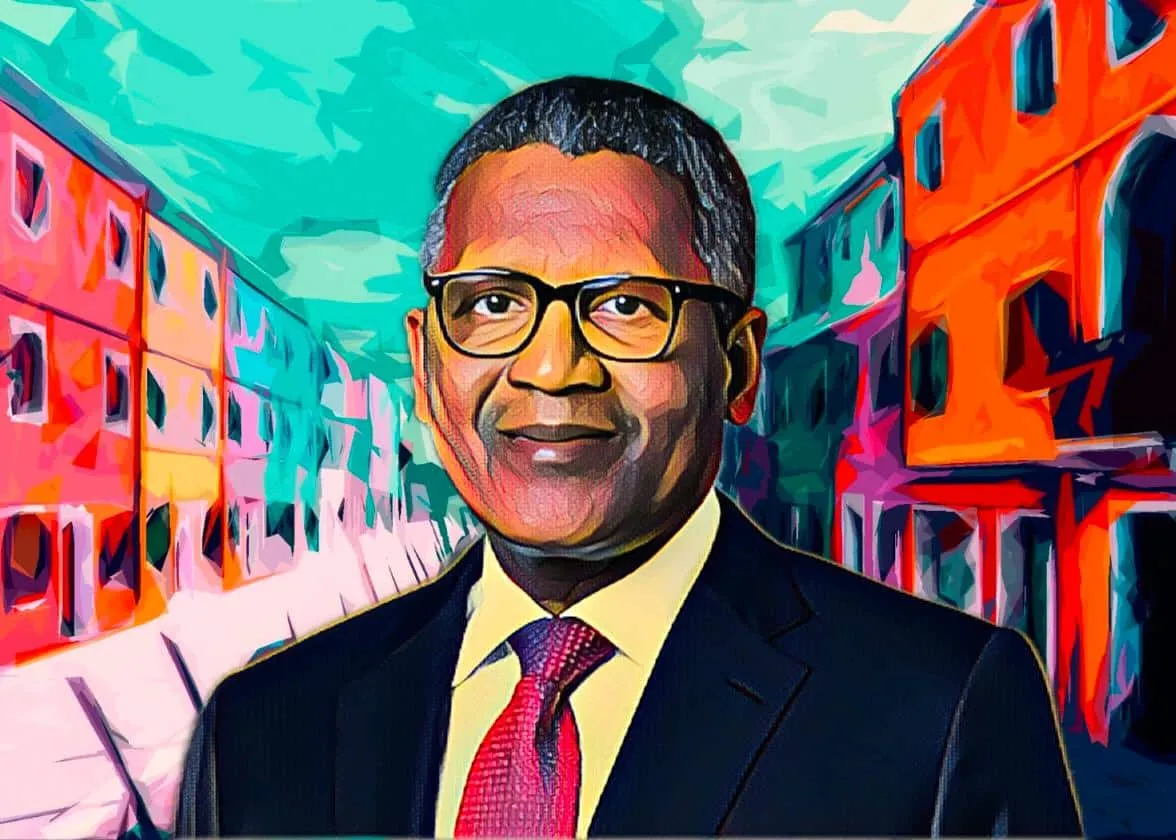Table of Contents
Key Points
- Africa’s largest refinery, owned by Aliko Dangote, is operating at 85% and could reach 100% capacity within 30 days.
- Despite ramping up production, the refinery faces local crude shortages, prompting a 41.67% expansion in storage capacity to 3.4 billion liters.
- The refinery exports fuel to Africa and Saudi Aramco, with plans to refine $21 billion of Nigerian crude annually once fully operational.
Dangote Oil Refinery, Africa’s richest man Aliko Dangote’s $20 billion oil refinery is closing in on full capacity as it pushes to rival European suppliers, despite ongoing difficulties in securing sufficient local crude.
Edwin Devakumar, head of the Dangote Oil Refinery, revealed that the Lagos-based facility is currently operating at 85 percent and could reach 100 percent capacity within the next 30 days.
The development comes just a month after the refinery announced plans to construct eight new crude storage tanks to secure a stable supply of imported oil.
Dangote Refinery ramps up crude storage
The 650,000-barrel-per-day plant, which began producing diesel and aviation fuel in early 2024 before adding petrol in September, has been ramping up operations and is now refining 550,000 barrels per day.
Despite its scale as Africa’s largest refinery and the world’s biggest single-train facility, the plant has faced persistent supply shortages from the state-owned Nigerian National Petroleum Company (NNPC), limiting its ability to fully leverage domestic crude.
To address this, Dangote Industries is expanding its crude storage capacity by 41.67 percent to 3.4 billion liters, with four of the new tanks nearing completion.
Dangote refinery’s growing global impact
While crude supply constraints remain a challenge, the refinery has already established itself in international markets, exporting diesel and aviation fuel to Cameroon, Angola, Ghana, and South Africa. Dangote’s ambitions extend beyond Nigeria, with plans to build a refinery in Angola and expand cement production in the country.
In a sign of its growing global influence, the refinery recently shipped fuel to Saudi Aramco, the world’s largest oil producer, whose market capitalization exceeds $1.7 trillion. Once fully operational, the refinery is expected to create a consistent market for $21 billion worth of Nigerian crude annually, further cementing its role as a key player in Africa’s energy sector.










